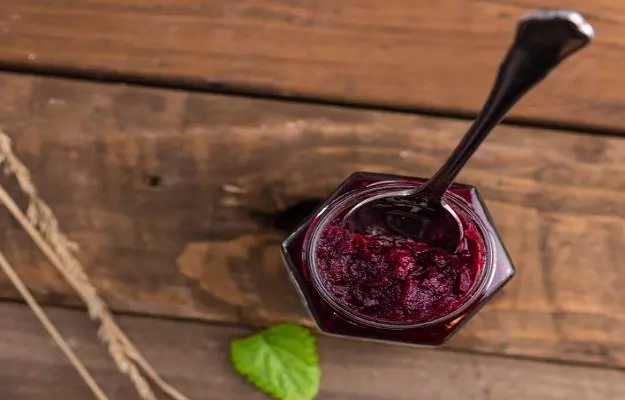Roses are one of the favourite flowers of art and beauty connoisseurs since millennia and have been the beauty secrets of ancient queens. The sweet rose fragrance is famous for its aphrodisiac properties and has found an important place in perfumeries. But, the king of flowers is not sated by just this much attention. As good it is as a cosmetic, it also makes a flavoursome addition to various recipes, giving them a touch of royalty with its distinct rose fragrance.
Gulkand is a sweet delight prepared with rose petals and sugar or honey. Also known as rose petal jam, it is pretty well known in traditional Indian households. Interestingly, rose petal jam is a native to Persia, where the word Gulkand translates to flower and sugar. Regardless of its origin, the soft crunch and slightly astringent aftertaste of this sweet treat keeps on enticing chefs and food lovers all over the world. Gulkand is added to Indian sweets like barfis, paans, and rabri. Gulkand flavour cakes, pastries and ice creams aren’t that hard to find either.
But what makes it so good is the many health benefits it provides for you. Ayurvedic literature lists gulkand as a cooling dish, which is an excellent stomachic and helps in reducing acidity. It also has all the antioxidant benefits of roses, helping you fight oxidative stress.
Read on to know how rose petal jam is beneficial for you and how to use it to reap all those benefits.
But first, here are some basic facts about roses:
- Botanical name: Rosa centifolia (rose species used to make gulkand)
- Family: Rosaceae
- Common name: Rose, Gulab, Damask rose
- Sanskrit name: Atimanjula, Shatapatrika
- Parts used: Petals
- Native region and geographical distribution: Roses are found all over the tropical and subtropical regions. It grows in Asia, Europe, America and Africa.













